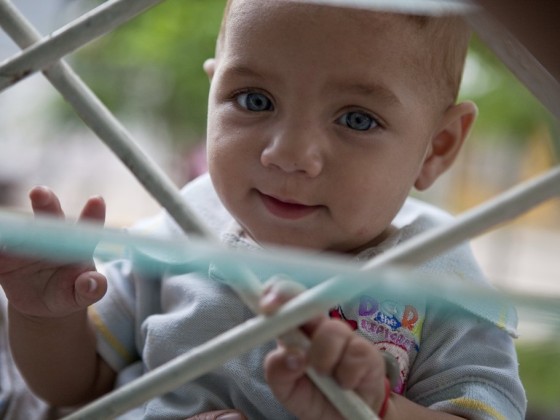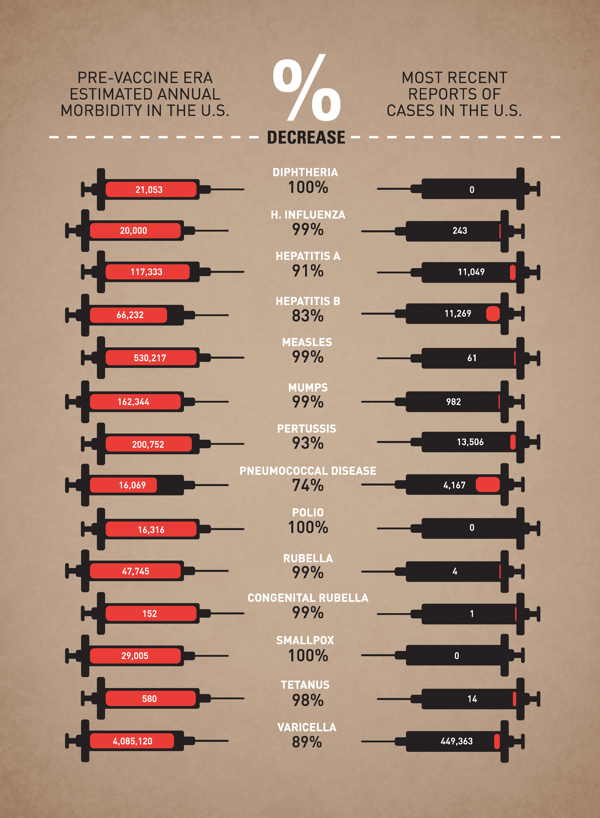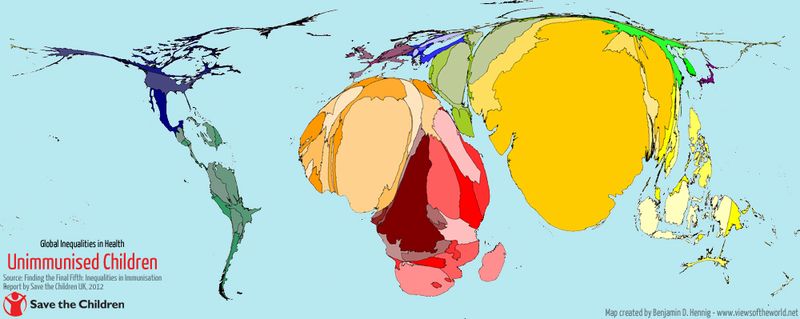1. The evidence linking vaccines with autism turned out to be fraudulent.
The study that started the whole “vaccines cause autism” frenzy actually turned out to be fraudulent. The main author of the study had taken money from an attorney that was suing vaccine developer, and the publication that published the study has since retracted it. The scientific community now holds a broad consensus that there is no link between autism and vaccines.
All that said, vaccines are a medical procedure, and all medical procedures carry some level of risk. But experts agree that the benefits of being vaccinated far outweigh the possible risks, and the risks associated with vaccines have decreased significantly over time thanks to improvements in the medical field.


